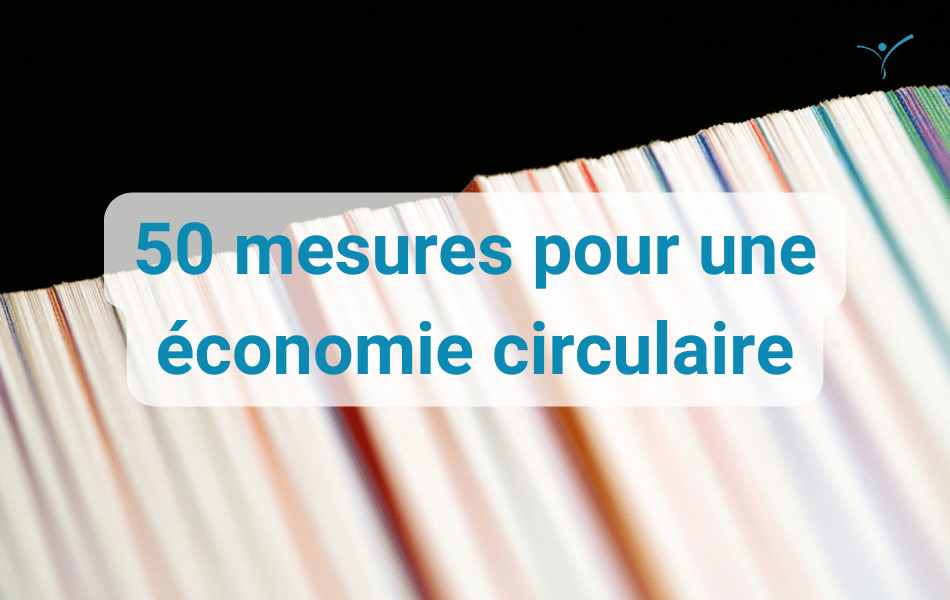Roadmap | 50 measures for a circular economy
April, 2018 – The fruit of five months’ work involving all stakeholders and the public via an online consultation, the Roadmap for the Circular Economy (FREC) presents a set of coherent, balanced and structuring measures that will enable all players to “get in the loop”.
It also enables France to meet certain targets of the United Nations Agenda 2030 sustainable development goals, in particular the objective of “establishing sustainable consumption and production patterns”. In operational terms, it sets out the transition we need to make from a linear “make, consume, throw away” economic model to a circular model that integrates the entire product lifecycle, from eco-design to waste management, including, of course, consumption and limiting waste.
Key measures
- Facilitate the deployment of incentive-based pricing for waste collection, i.e. pricing of the service according to the quantity of waste produced, to encourage users to sort more and reduce waste. The operating costs of the household waste collection tax (management fees collected by the State) will be reduced during the first three years of incentive-based pricing. For households with the best sorting habits, this can mean a significant reduction in their household waste collection bill.
- Adapt taxation to make waste recovery less expensive than disposal, by reducing the VAT rate on prevention activities, separate collection, sorting and material recovery of waste, and by increasing the rates of the general tax on polluting activities (TGAP déchets) for landfill and incineration. All local authorities that commit to a genuine circular economy approach will see their costs fall. A multi-year trajectory will be proposed to give players time to adapt. As part of the national conference on territories, consultations will be held on this tax rebalancing project and its modalities.
- By summer 2019, draw up a set of best practices and tools for local authorities to combat illegal waste dumping, based on the work of the Agence de l’environnement et de la maîtrise de l’énergie (Ademe).
- Simplify constraints for waste police authorities to make them more effective, particularly in the fight against illegal dumping and trafficking. This simplification could be achieved by adapting the penal code for the most common offences, diversifying the tools that local authorities can use to impose fines, and optimizing the division of responsibilities between the Minister for the Environment, the Prefect, the mayor and even the president of the local authority with jurisdiction over waste.


